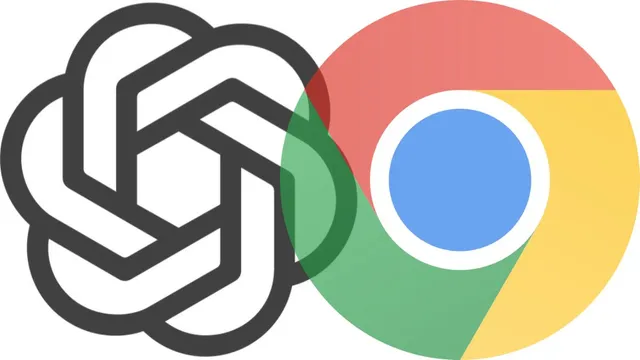- By Alex David
- Wed, 23 Apr 2025 02:34 PM (IST)
- Source:JND
In a surprising courtroom moment, OpenAI told a judge that it would be willing to buy Chrome from Google, one of the world’s most popular web browsers, if necessary. The statement came during a legal discussion involving Google’s monopoly, competition, and the broader implications of AI integration with major tech platforms. While the comment may not indicate a formal offer or negotiation, it highlights OpenAI’s bold ambition to gain more control over how users interact with its AI tools online. The remark has sparked intense speculation across the tech industry, raising questions about the future of browser dominance and OpenAI’s potential moves beyond software. Whether serious or strategic, this unexpected declaration puts a spotlight on the evolving power dynamics in big tech.
OpenAI thinks they might be interested in buying Chrome if Google gets forced to sell it. This is all part of a bigger deal to make the web search market more competitive. OpenAI's head of product, Nick Turley, made this statement during a trial in Washington where the government is trying to get Google to change its ways and promote more competition in online search.
A judge has already decided that Google has dominant control over online searches and advertising. But their online ecosystem Battle Chrome is designed with chrome plating, and Google doesn’t plan on selling it. In this case, we are also witnessing a feeble attempt to view the competitors AI apps strut; all the big industries are planning to come up with the superior apps and increase user count. Certain aides alleged that Google's monopoly in search engines places them in a dominating position with regard to misuse of power in Artificial Intelligence and that AI systems are merely proxies, confirming the usage of AI based tools, and guiding people back into lockdowns with the search engines. Google's response stated that there was still competition for the AI space in the persons of Meta and Microsoft with their own competing products.
In his testimony, Turley stated a year ago that the consumer chatbot industry was practically owned by ChatGPT and didn’t consider Google a key player in the market. From the document, Turley said it was inspired and meant to motivate OpenAI’s staff and motivate employees to look beyond traditional distribution deals, as the firm will still gain from partnership deals with big distributors.
Google + ChatGPT = Better Product?
Nick Turley, head of product at OpenAI, said that Google turned down using their proprietary search technology in ChatGPT. OpenAI said in several communications with Google that access to Google’s algorithms would vastly improve their user interactions. Google, however, declined due to the number of competitors they have cited as too many.
Turley claimed this use of forced servitude would help Google overcome its vault of search data that could speed ChatGPT’s evolution. Turley described search as extremely strategic for ChatGPT, which is still in development for autonomous self-query answering servlets, stating they’re not there yet.
The End Of All Exclusive Deals
Investigators established that Google used exclusivity contracts to maintain its search engine as the default for newly purchased devices. They also thought about other contracts that would enable Chrome and Google AI to serve as defaults, but instead relaxed their pacts with Motorola, Samsung, and AT&T and Verizon. Now, these companies are permitted to provide additional search alternatives, which in effect is what Google claims it needs to do to remediate the situation. But the government wants to go further and stop Google from subsidizing manufacturers to set his search application as the default application. Google claims that at least under these contracts no block exists for the installation of other AI applications by the device manufacturers.

